Dog / Detail
Caring for Your Senior Dog: Respiratory Health
Jonathan Bennet | 02 October 2024 | 16:05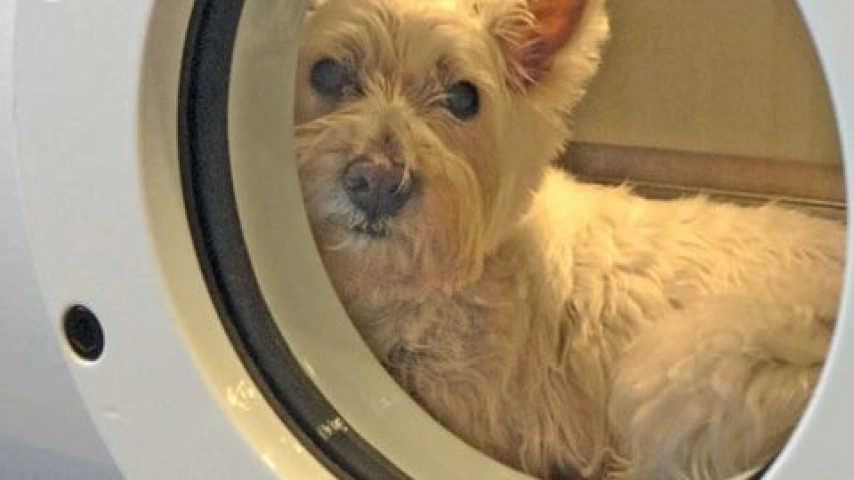
As dogs age, they become more susceptible to a variety of health problems, including respiratory issues. These issues can significantly impact their quality of life. Understanding the signs, symptoms, and preventative measures can help you provide optimal care for your senior dog.
By understanding the signs, symptoms, and preventive measures for respiratory problems in senior dogs, you can provide the care they need to enjoy a healthy and happy life. If you have concerns about your dog's respiratory health, consult with your veterinarian.
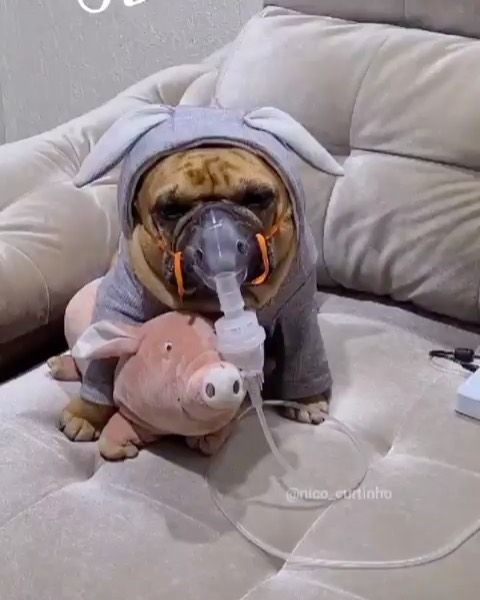
Common Respiratory Problems in Senior Dogs
- Chronic Obstructive Pulmonary Disease (COPD): This is a progressive lung disease characterized by airflow obstruction. Symptoms include coughing, difficulty breathing, and exercise intolerance.
- Bronchitis: Inflammation of the bronchial tubes can lead to coughing, wheezing, and increased respiratory rate.
- Pneumonia: An infection of the lungs can cause fever, lethargy, and difficulty breathing.
- Heart Failure: Congestive heart failure can lead to fluid buildup in the lungs, causing respiratory distress.
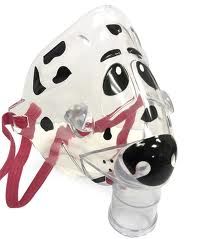
Signs and Symptoms of Respiratory Problems
- Coughing or wheezing
- Difficulty breathing
- Lethargy or decreased activity level
- Exercise intolerance
- Rapid breathing
- Bluish gums (cyanosis)

Preventive Measures
- Regular Veterinary Check-ups: Annual or semi-annual check-ups can help detect early signs of respiratory issues.
- Healthy Diet: A balanced diet can support overall health and immune function.
- Weight Management: Obesity can put extra strain on the respiratory system.
- Avoid Exposure to Irritants: Keep your dog away from smoke, pollutants, and allergens.
- Vaccinations: Ensure your dog is up-to-date on vaccinations to prevent infectious diseases.
- Regular Exercise: Moderate exercise can help maintain lung function.
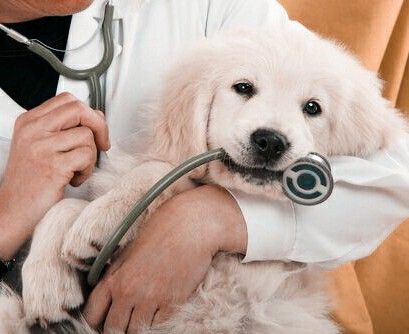
Caring for a Dog with Respiratory Problems
If your dog is diagnosed with a respiratory condition, your veterinarian will likely recommend a treatment plan. This may include:
- Medication: Medications can help manage symptoms and treat underlying conditions.
- Nebulizers: Nebulizers deliver medication directly to the lungs, providing relief for respiratory distress.
- Oxygen Therapy: In severe cases, oxygen therapy may be necessary.
- Environmental Modifications: Creating a smoke-free and allergen-free environment can help improve respiratory health.
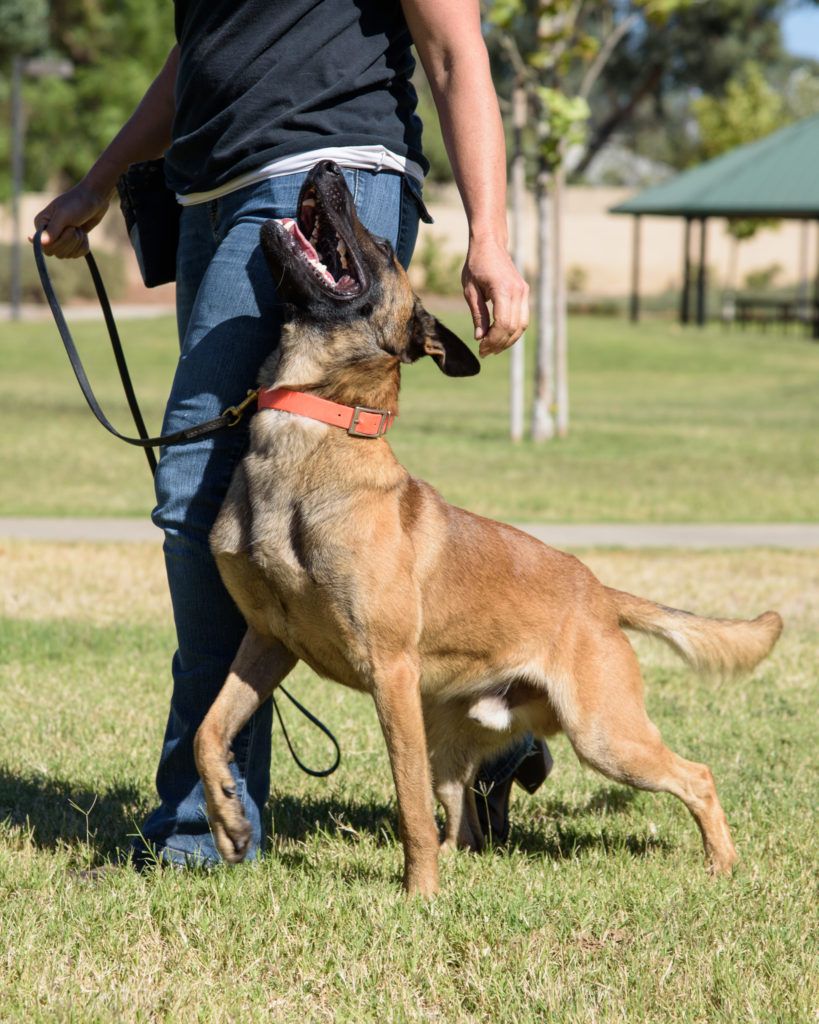
Training Your Dog for Nebulizers
Introducing a nebulizer can be stressful for some dogs. Here are some tips for training your dog:
- Positive Reinforcement: Use treats and praise to reward your dog for positive behavior during nebulizer sessions.
- Gradual Introduction: Start by letting your dog sniff the nebulizer and explore the carrier.
- Practice Sessions: Gradually increase the duration of practice sessions, making them as enjoyable as possible.
- Create a Calm Environment: Choose a quiet, comfortable area for nebulizer sessions.
- Involve the Whole Family: Consistent training from all family members will help your dog feel more comfortable.
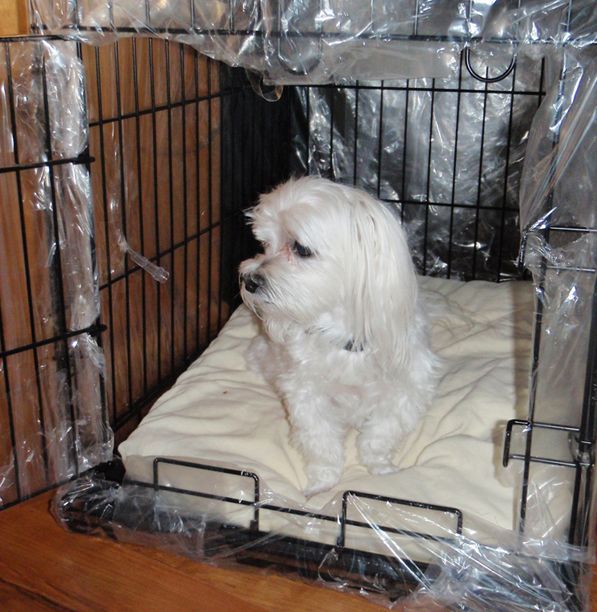
What to Do During a Respiratory Crisis
If your dog is experiencing a respiratory crisis, it is important to remain calm and seek veterinary attention immediately. While waiting for help, you can:
- Keep Your Dog Calm: Avoid stressing your dog, as stress can exacerbate respiratory symptoms.
- Monitor Breathing: Watch for signs of labored breathing or cyanosis.
- Administer Medication: If your veterinarian has prescribed emergency medication, administer it as directed.
- Avoid Sedation: Sedation can worsen respiratory distress.
Related
-
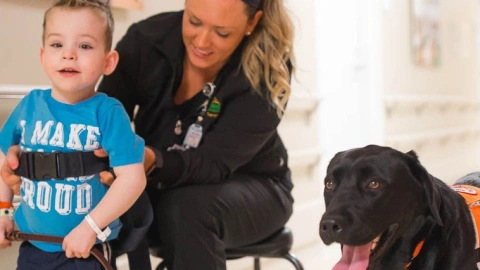
The Healing Power of Dogs: How Canine Therapy is Revolutionizing Mental Health and Boosting Positive Energy in Humans
Dog14 November 2024
-

A Pawsitive History: Dogs of Nuremberg
Dog09 November 2024
-

The Role of Oxytocin in the Human-Dog Bond: The Science Behind Our Deep Connection
Dog06 November 2024
-

Beyond the Beach: Jamaica's Dog Lovers
Dog29 October 2024
-

A Dog's Delights: Homemade Snacks for Our Furry Babies, Recipes Included!
Dog29 October 2024
-
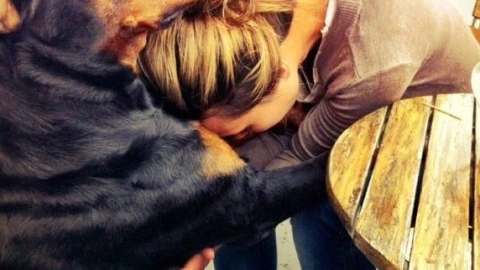
A Dog's Disorientation: Understanding Your Dogs' Wanderlust
Dog29 October 2024
Popular
-

-

A Pawsitive History: Dogs of Nuremberg
09 November 2024 -

-

Beyond the Beach: Jamaica's Dog Lovers
29 October 2024 -
